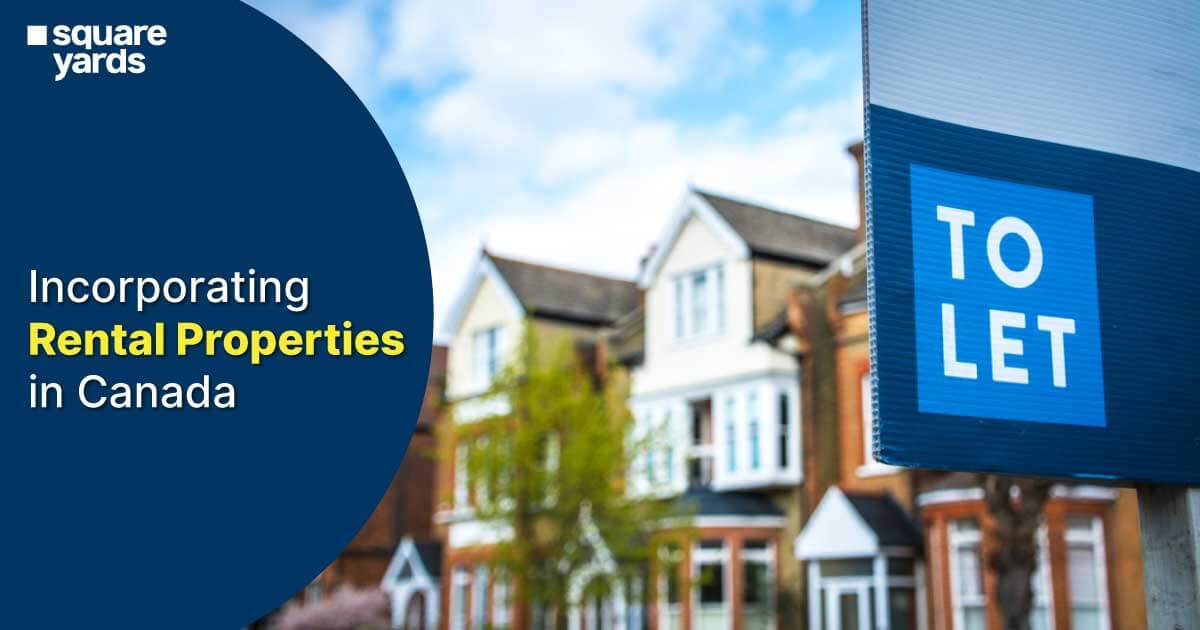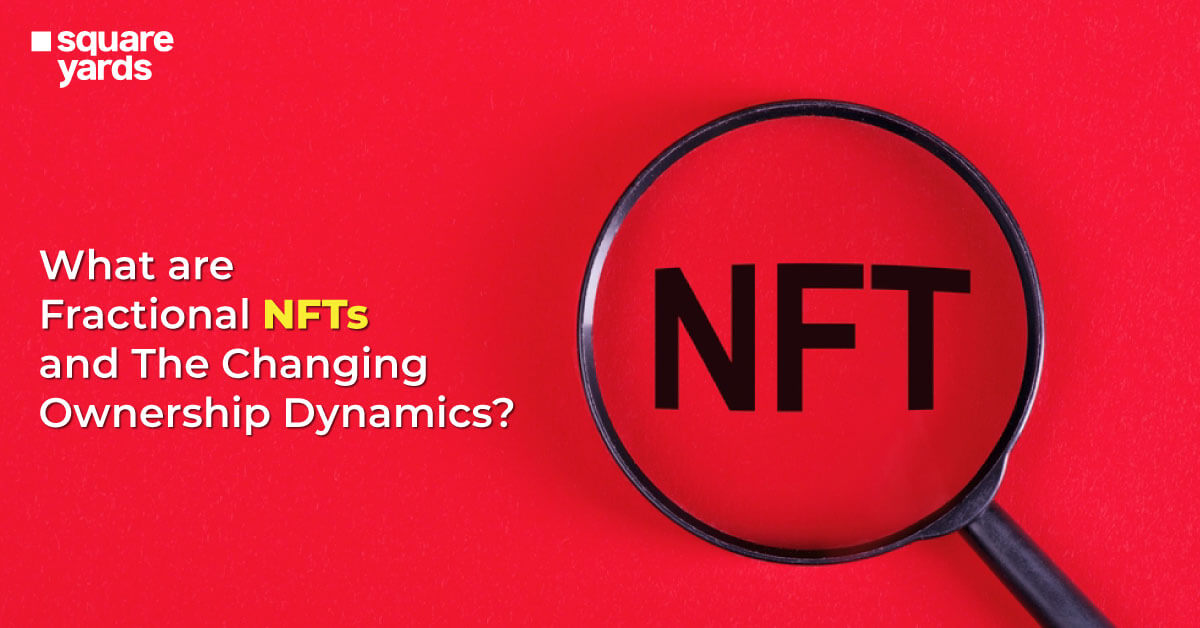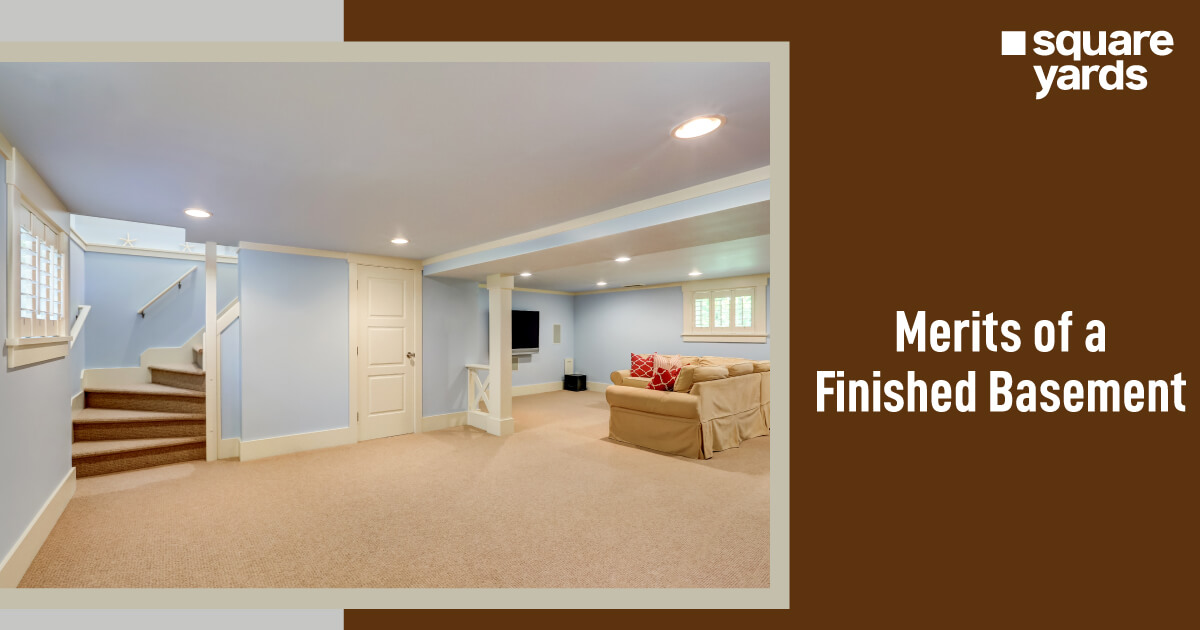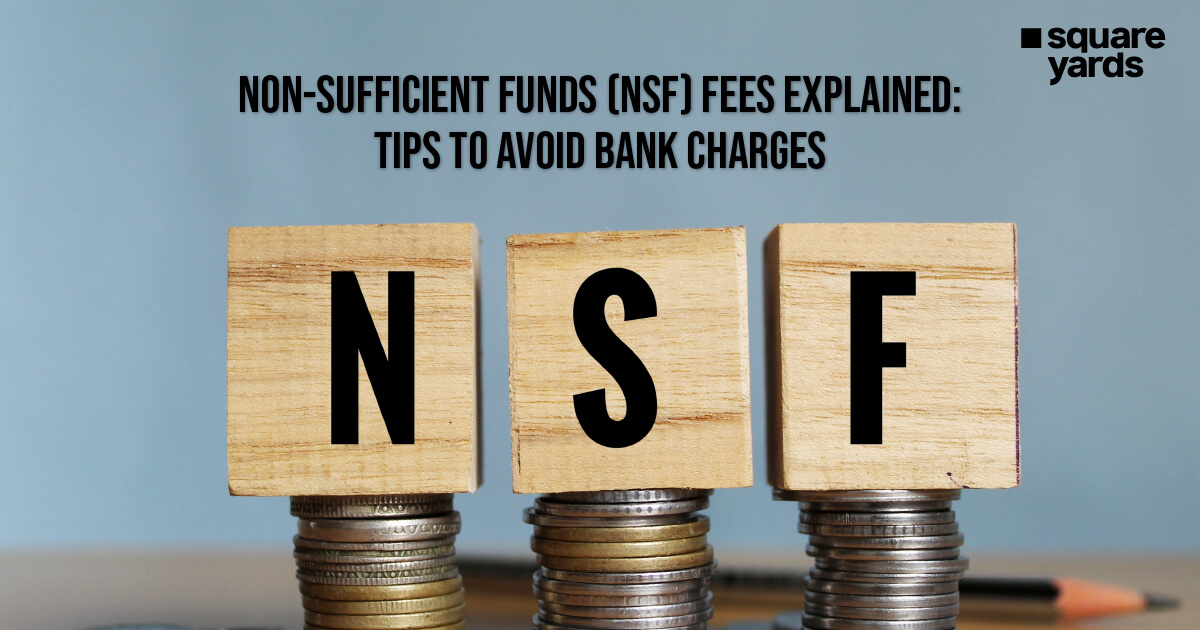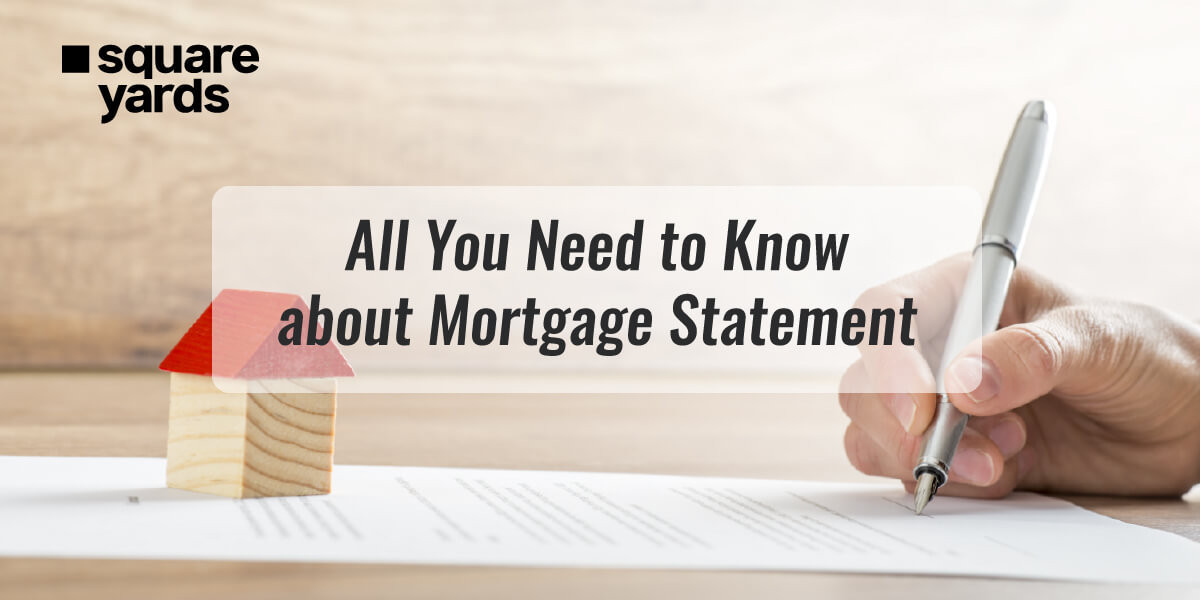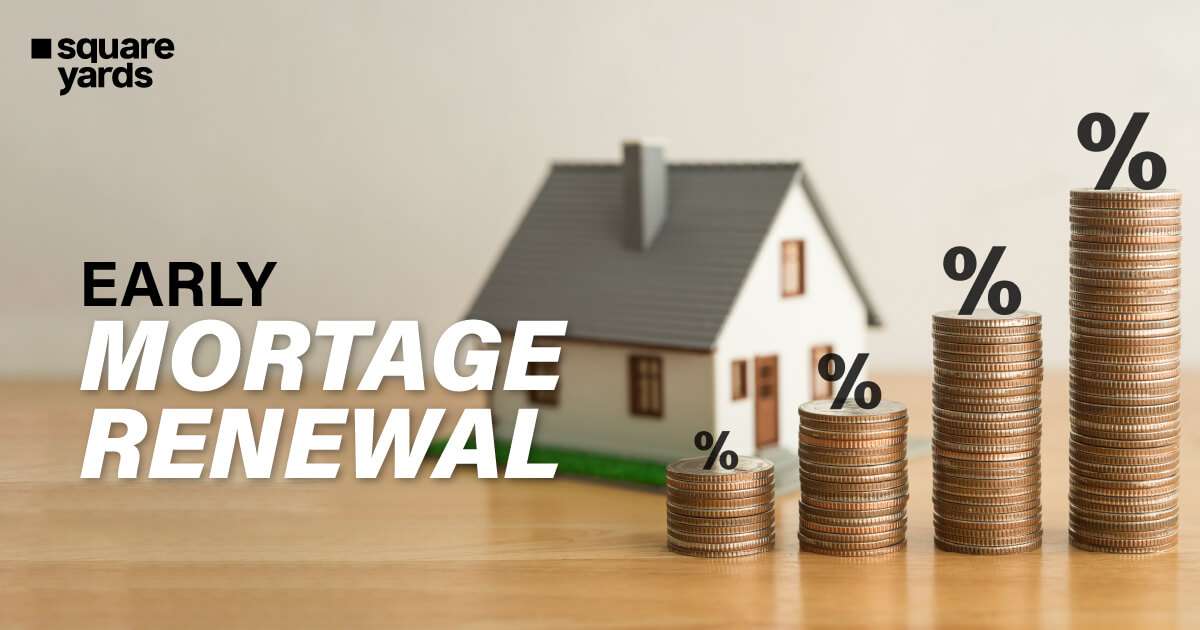Are you managing one or more rental property and are considering incorporating a rental property in Canada? Things can get a bit daunting especially if you’ve not done this before. Currently, you are a sole proprietor who is responsible for managing your property. It also means that your rental and personal income are not separate. This may not be an issue if you have no plans of growing your rental investment portfolio. But if you are planning otherwise, you could land into legal trouble which in turn could put your personal income/assets at risk. With this blog, we will help you ensure hassle-free rental property incorporation. We will talk about everything from whether you should incorporate or not to its benefits and drawbacks. And once you have a clear idea of what you want, you can go ahead with the incorporation procedure.
What is Incorporating Rental Property in Canada
The process of turning your business into a corporation for separating your rental and personal income is known as incorporation. The objective here is to limit the liability of the owners in case of legal troubles or debt. After becoming a separate entity, the owners are no longer personally responsible for the property. For incorporating a rental property business, one requires filing for incorporation with the government of Canada. They need to transfer their properties to their company with a Quitclaim or Warranty Deed. Transferring the title means that the business is now the owner of these properties and the individual is not personally liable anymore. Why Incorporating Rental Property is Needed?
When you have rental properties and you’re doing nothing about them from a legal standpoint to run your business, it makes you a sole proprietor. It signifies that there is no division between you and your business. You may file an extra schedule on your taxes for reporting income but that’s just about it. Aside from this, you do nothing else from a legal perspective to operate your rental properties. A sole proprietorship is an easy and quick legal form of operating a rental property. It is not, however, a safe form. God forbid if anything goes wrong with the property, one can get sued or deal with unwanted debts. Let’s understand this with a simple example – your renter reports you about a broken stair in your home. You tell them you will look into it but don’t really get the time to get it fixed. Now, the renter has a guest over who accidentally trips on that stair making the step fall through completely, leading to injuries.
In a case like this, the renter can easily sue you. As a sole proprietor, you will be held responsible for the injuries which means you will pay for that as well as for the stairs damage. This was a small example but things could get worse which could result in seizing your personal assets or other properties you operate. Creating a legal entity that owns your property means only the assets owned by the entity are at risk – not your personal ones. Incorporating real estate investments thus provides you with extra protection.
Advantages of Incorporating Rental Property in Canada?

By using a holding company to buy real estate Canada, you enjoy:
-
- Tax-related benefits
- Protection against liability
When you earn rental income from your properties, the government puts you in the higher tax bracket. But incorporating your rental property into a separate entity helps you lower that tax bracket. It devices your rental and personal income and allows you to get tax deductions. Limited liability is another amazing perk of incorporating your rental property in Canada or any other country for that matter. After incorporating, you are no longer responsible for debt or issues associated with the property. It is now the business/entity that is liable for any obligations that take place.
Other benefits of holding company for rental property are: –
-
- A Unique Legal Entity – As a corporation, you enjoy the same rights as an individual like getting a loan, owning a property, entering a contract, etc,
- Ongoing Existence – A corporation lives on (till its winds up, amalgamates or goes bankrupt). This is one of the major reasons to incorporate in Canada.
- Easy Capital Access – A corporation can borrow money at lower interest rates. It can also raise funds by selling bonds or shares to shareholders.
Disadvantages of Incorporating Rental Property in Canada?
Should I set up a company for rental property? Does it have any drawbacks? Yes, it does. Here are a few of them:
-
- Forming a corporation is a costly affair, particularly in a country like Canada. It involves several recurring expenses that may sometimes differ from state to state.
- The workload in terms of paperwork increases. That is because you have to keep track of your personal taxes, corporate taxes and meetings.
- Tax-filing will depend on the number of members in your company. For instance, a one-member LLC requires a single tax return but one with multiple members requires a partnership tax return.
- Keeping your personal finances and business finances separate. This is a disadvantage for those who are stepping into rental property incorporation for the first time. They need to make sure they don’t pay rental repairs using their personal bank accounts or cheque books.
What Type of Corporation Should You Choose for Your Rental Property?
There are multiple corporate entities that you can choose from. Each of them will help you protect yourself as a landlord. Forming an LLC or Limited Liability Company is in fact, one of the most common ways to incorporate a rental property. When it comes to benefits, an LLC offers a combination of a corporation and a sole proprietorship. Compared to a corporation, it doesn’t require as many formalities particularly when there’s only a single owner. It also helps you protect your personal assets and limit your liabilities in case anything goes wrong with your property. Forming an LLC is an incredible option for many landlords. We, however, recommend that you talk to a lawyer before proceeding with the formalities associated with it. A lawyer will be able to guide you on when it is best to incorporate and address your concerns if you have any.
Is it Possible to Live in a Property Owned by My LLC?
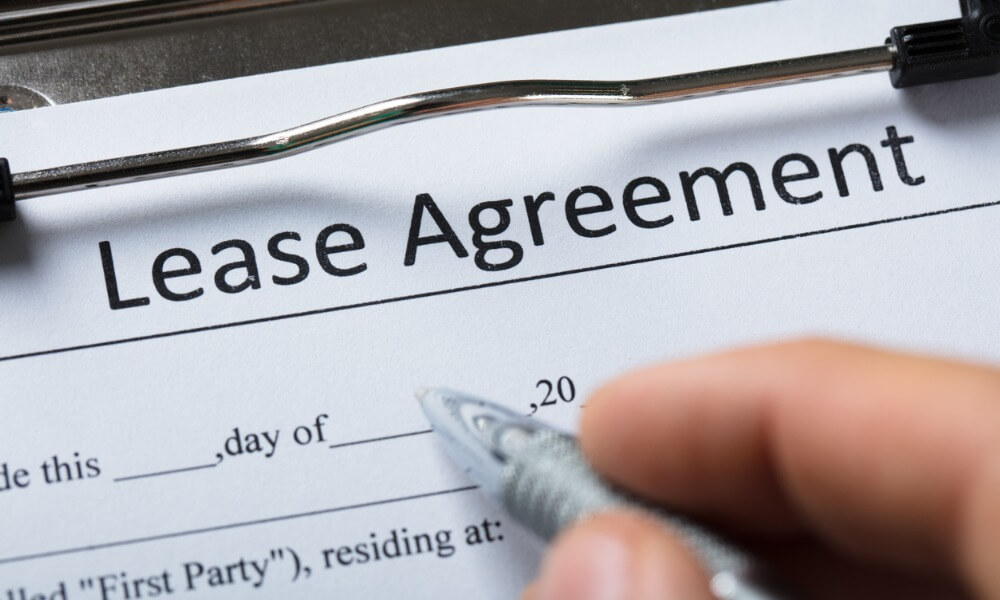
Yes, if you own an LLC and that LLC owns a property, you can live in it. But, there’s a risk there. It can void the protection you receive as the sole member of the LLC. We suggest talking to a lawyer though. If you plan on buying first rental property with LLC, a lawyer can brief you about the legal protections that come with it. He will also inform you about the changes that might affect your taxes.
How Incorporating Rental Property Work in Canada ?
If you have a property in Canada, you don’t have to look for the cheapest way to incorporate rental property in Canada. The process is actually easy and not that costly. Just follow the four basic steps mentioned below:
-
Give a Name to your Corporation
Your corporation should have a name, a name that gives you a legal identity. Here’s how you can decide the name of your corporation:
-
- Use a word with letters or symbols
- Have a number-based name such as 785 Canada or Corp 345
Using a number-based name for your business is the easiest way out. If not anything else, you can simply use your or your loved ones’ lucky numbers with your business name as well. A word name gives you the legal right to use it Canada-wise once it gets approved by the government.
-
Creating Articles of Incorporation
For those who wish to incorporate a small or private business, a basic incorporation is a great option. The benefits include:
-
- Pre-defined articles of incorporation (can be amended later)
- 1-2 classes of shares
- 10 directors (max)
- A corporate name (assigned)
You can also customize the articles of incorporation to fit your unique business requirements. If you choose the custom incorporation option, you’d require specifying the following details:
-
- Name of your corporation
- Share structure and restrictions attached to share transfers (if any)
- The number of directors
- Restrictions (if you wish to set any for your business or activities)
- Other provisions
In Canada, you can choose an official language for the articles as:
-
- Either French or English
- Both French and English
- Bilingual (equal use of French and English)
-
Set Up an Initial Registered Office Address
An incorporated business requires a registered office address along with a board of directors. A registered office is a place where you store your business documents. So, make sure you select an address where legal documents can be sent and received. Once you have an office, you need to start creating a list of board of directors. Go through the Director’s requirements such as the eligibility criteria and disclose details accordingly. These details generally include first & last name, address and whether the BODs are Canadian residents or not.
-
Submit Incorporation Form
You can easily submit your incorporation form and even pay the fee online. Just visit the official Online Filing Centre and follow the instructions.
Conclusion
Incorporating one or more rental properties into is a big decision. It depends on various factors and involves several tax traps. We tried providing you with all the possible information about it but it would be better if you contact a lawyer as well. They know the ins and outs of the process and will also help you with all the paperwork involved in it. But if you have any questions, please feel free to ask us, we’d be happy to answer them. Our team has answered a few common questions below, don’t forget to check them out. Those keen on buying a rental property in Canada, browse through our blog section and read all about it.
Frequently Asked Questions (FAQs)
Yes, you should. There are various benefits of putting your rental property in an LLC. It offers varied benefits such as personal liability protection and pass-through taxation.
As a sole proprietor, you can write off mortgage interest and property taxes on your rental property. But if you have incorporated that property, you cannot write it off.
Yes, when you let one or more properties or acquire them to rent them out, it will be considered as operating a property business.
A lot of factors are taken into consideration when determining the tax rates for rental incomes. 38% per cent (Federal) and 11.50% Provincial (Ontario) is the General Corporate Rate. This totals 49.50% however not all corporations pay it. The federal government offers abatement as well as a small business deduction to bring down the tax rate. Should I set up an LLC for my rental property?
Can you write off a rental property?
Is a rental property considered business use?
How is rental income taxed in a corporation in Canada?

